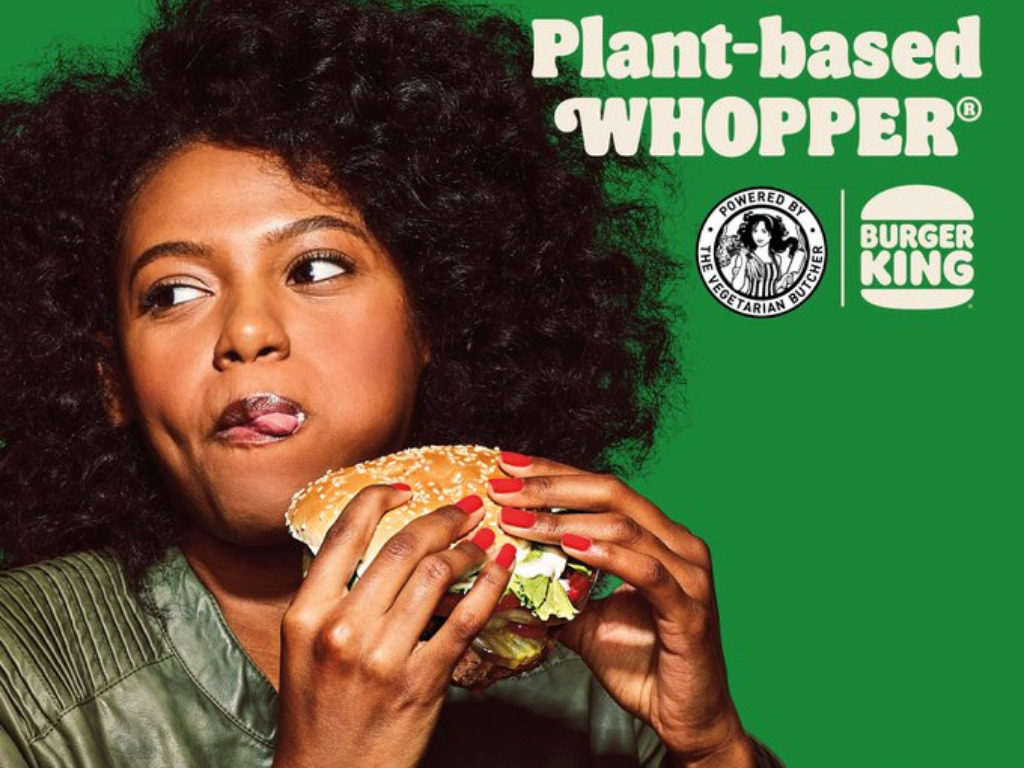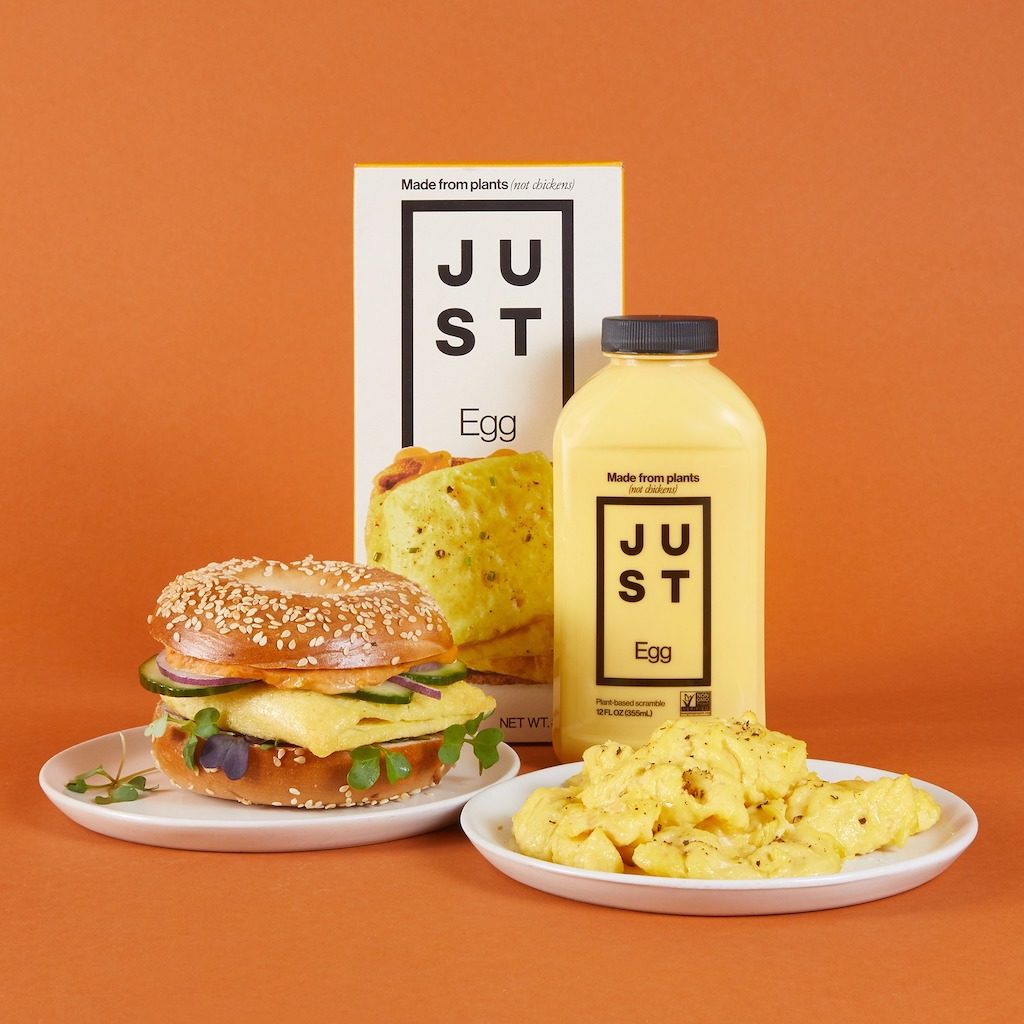4 Mins Read
The South African Department of Agriculture, Land reform and Rural Development (DALRRD) has imposed stringent labelling rules on plant-based foods. With immediate effect, all references to ‘meaty’ terms must be removed from product packaging, or manufacturers face being banned from sale. The move stems from what is being considered an extreme interpretation of existing regulations surrounding the labelling of processed meat, with the Food Safety Agency instructed to seize all products not adhering to the rules and represents a victory for the country’s pro animal meat lobbies.
On June 22 the DALRRD sent out a letter to “all processors, importers and retailers of meat analogues”. It stated in clear terms that no products are allowed to use “product names prescribed and reserved for processed meat products”. The move has been met with disappointment and confusion, as it appears to defy South Africa’s imminent plans to launch climate change legislation.

The paradox of South African sustainability
The South African government has admitted that industrialisation and agriculture are creating an irreversible legacy of climate damage. In the National Climate Change Response White Paper, the government writes that “land-based human activities, such as forest clearing and unsustainable agricultural practices, are not only increasing Green House Gas (GHG) emissions from these sources, but are also reducing the earth’s natural ability to absorb GHGs. [t]he evidence that current global warming is due to human activities associated with industrialisation and modern agriculture is overwhelming”.
Despite this acknowledgement, the same government is now looking to shackle a growing market sector that offers opportunities for individuals to lessen their carbon footprint. ProVeg South Africa commented that the white paper failed to address that farming and meat consumption are leading causes of emissions and that evidence suggests switching to plant-based alternatives could reduce them by up to 50 percent.
“This is a huge step backwards in the Government’s fight against climate change,” Donovan Will, country director at ProVeg South Africa said in a statement. “Regulation such as this is exactly what we don’t need when the world’s scientists are telling us we urgently need to reduce our meat consumption to help brake dangerous global warming.”
The latest IPCC report confirms that a global majority shifting to a more plant-based diet is essential if we want to stand any chance of staying within the Paris Agreement global warming limit.

The terms no longer allowed in South Africa
Under the new legislation, multiple terms have been banned. These include vegan/veggie biltong, vegan nuggets, vegan BBQ ribs, plant-based meatballs and plant-based chicken-style trips, amongst others. All are named in the letter from the DALRRD. It is unknown if outlets such as Burger King will be forced to rename their Plant-Based Whopper.
In an extension of the act, a non-meat product has been forced to bear the brunt of the DALRRD’s ire. Following a claimed meeting between the department and the Food Safety Agency, a further letter was distributed to Woolworths. One of the largest grocery chains in South Africa, Woolworths was informed that it was no longer allowed to sell Just Egg as an egg product owing to the fact that it doe snot come from “domestic fowl”. The letter highlighted Just Egg’s intention “to substitute or imitate eggs as defined in regulation R.345 dated 20 March 2020, and the vegan product thus competes directly with eggs as defined in the said regulations.” It also stated that the packaging was “misleading” in that it refers to “plant eggs”.
ProVeg has commented that such acts are claiming a monopoly on “meat” and “egg” as terms for food labelling, which is unjust given plant-based items’ ability to faithfully replicate the eating experience.

“The regulation disrespects consumers. There is no evidence to show that people are confused by meaty names for plant-based foods. In fact, evidence from Australia, Europe and the US prove they are not confused,” Will said in a statement. “We really urge the government to overturn this regulation. At a time when countries are seeking ways to tackle climate change, we must do all we can to encourage a vibrant and innovative plant-based sector.”
Similar labelling concerns have not yet been levelled at the plant-based dairy sector in South Africa, though are anticipated to follow. If they present themselves, this will have serious ramifications for those who can’t drink cow’s milk and rely on easy access to alternatives. Up to 95 percent of BIPOC individuals suffer some form of lactose intolerance, which poses a serious problem for South African consumers.
Lead photo by Jacques Nel at Unsplash.





